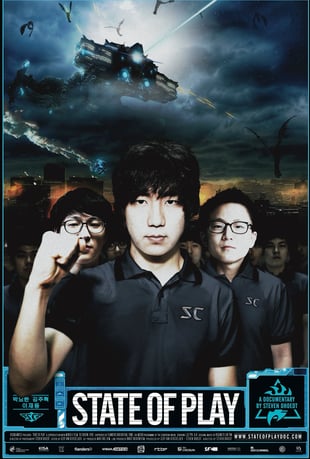
State of Play
“A feature documentary about the world of South-Korean professional video gamers” – State of Play

“A feature documentary about the world of South-Korean professional video gamers” – State of Play
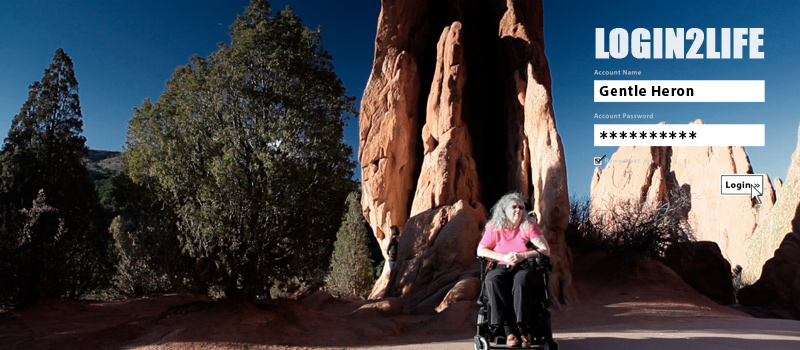
“Elaborate digital platforms like Second Life and World of Warcraft offer novel opportunities for friendship, sex, employment, and aesthetic experience in virtual communities populated by cartoon-like avatars. While these simulated worlds are often treated with contempt by the general media, LOGIN 2 LIFE takes a more sympathetic approach, profiling seven people deeply immersed in these worlds, and attempting to understand what each gets from their virtual life.” – Login 2 Life
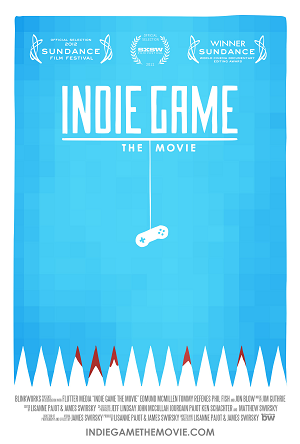
“Indie Game: The Movie is the first feature documentary film about making video games. It looks specifically at the underdogs of the video game industry, indie game developers, who sacrifice money, health and sanity to realize their lifelong dreams of sharing their visions with the world.” – Indie Game: The Movie
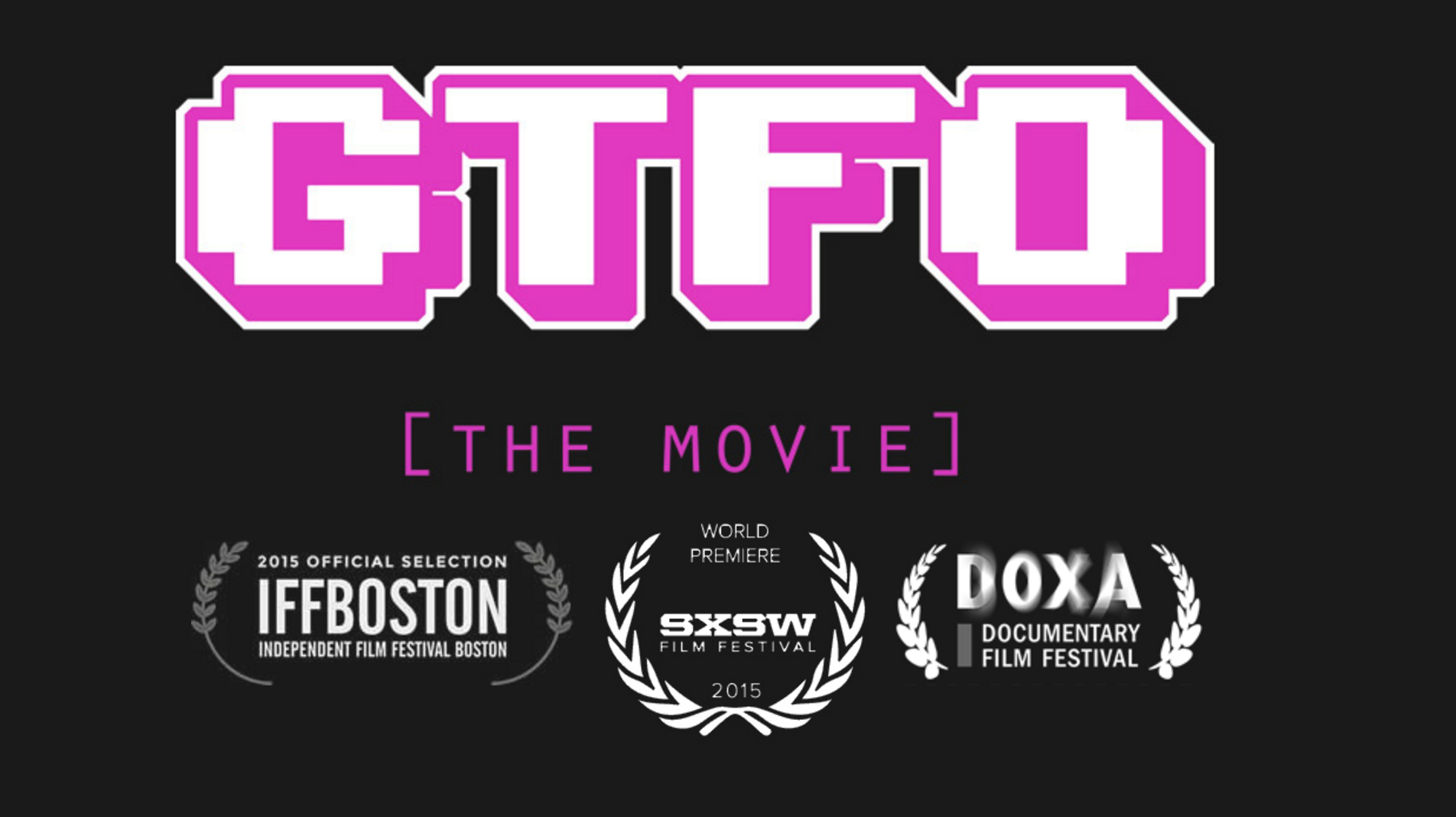
“Sparked by a public display of sexual harassment in 2012, GTFO pries open the video game world to explore a 20 billion dollar industry that is riddled with discrimination and misogyny. In recent years, the gaming community has grown more diverse than ever. This has led to a massive clash of values and women receive the brunt of the consequences every day, with acts of harassment ranging from name calling to cyber vandalism and death threats.” – GTFO: The Movie
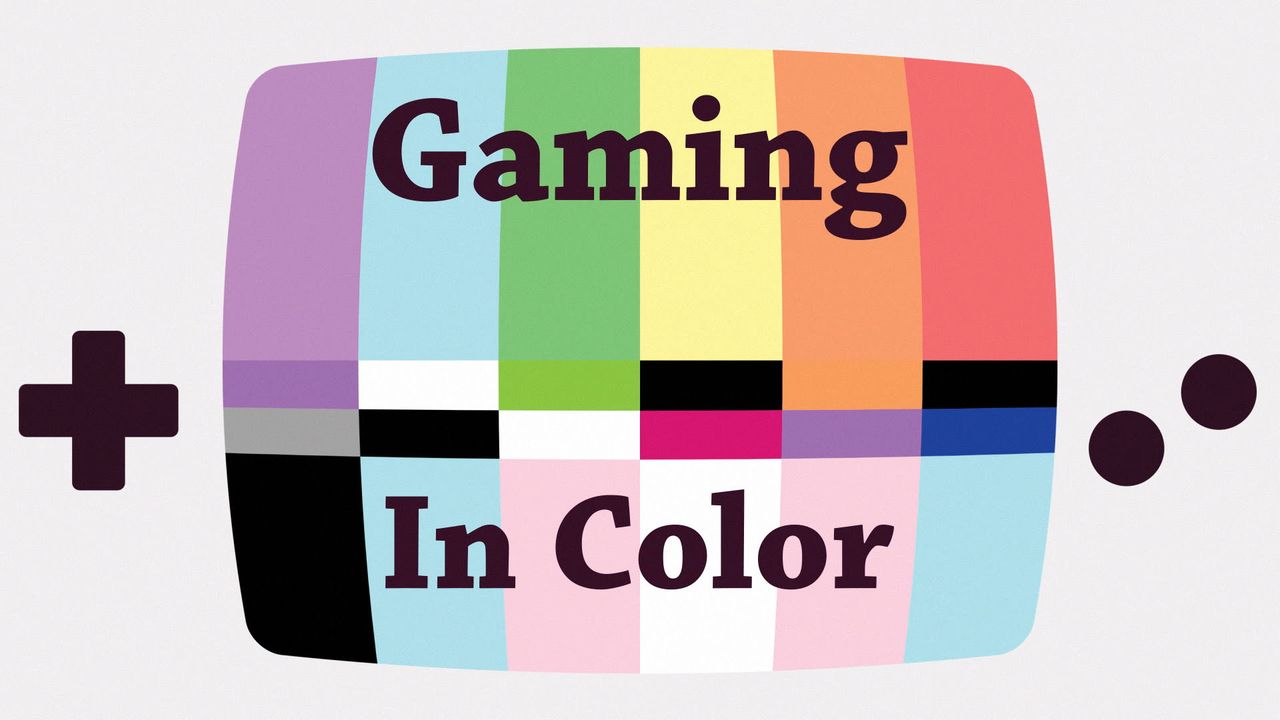
“Out of the closet and into the arcade! Gaming In Color is a feature documentary exploring the queer side of gaming: the queer gaming community, gaymer culture and events, and the rise of LGBTQ themes in video games. Diverse queer themes in game storylines and characters are an anomaly in the mainstream video game industry, and LGBTQ gamers have a higher chance of being mistreated in social games. Gaming In Color explores how the community culture is shifting and the industry is diversifying, helping with queer visibility and acceptance of an LGBTQ presence.” – Gaming in Color
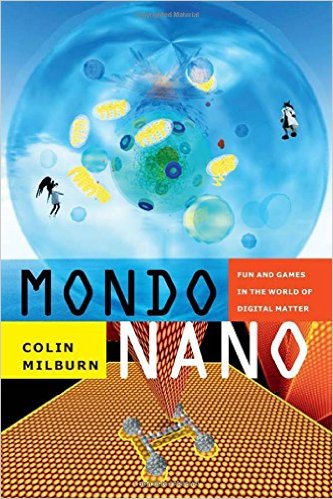
“In Mondo Nano Colin Milburn takes his readers on a playful expedition through the emerging landscape of nanotechnology, offering a light-hearted yet critical account of our high-tech world of fun and games. This expedition ventures into discussions of the first nanocars, the popular video games Second Life, Crysis, and BioShock, international nanosoccer tournaments, and utopian nano cities…”
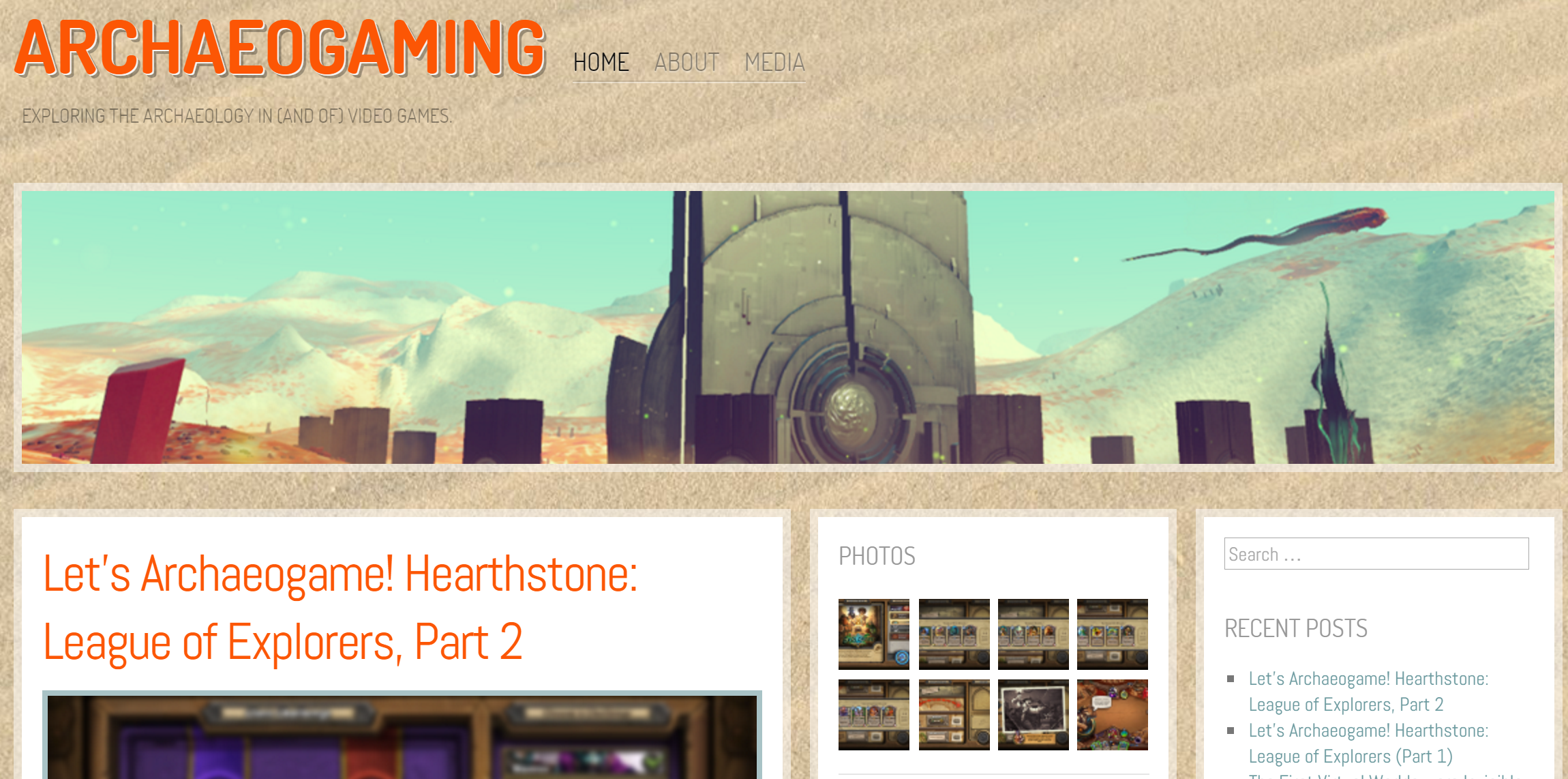
“Archaeogaming is a blog dedicated to the discussion of the archaeology both of and in video games (console, computer, mobile, etc.). If a game uses archaeology in some way (such as the Archaeology skill in World of Warcraft), we’ll discuss it here. If the design and function of pottery, textiles, and architecture vary between iterations of a game (e.g., Elder Scrolls), we’ll discuss it here…” – Andrew Reinhard, Archaeogaming
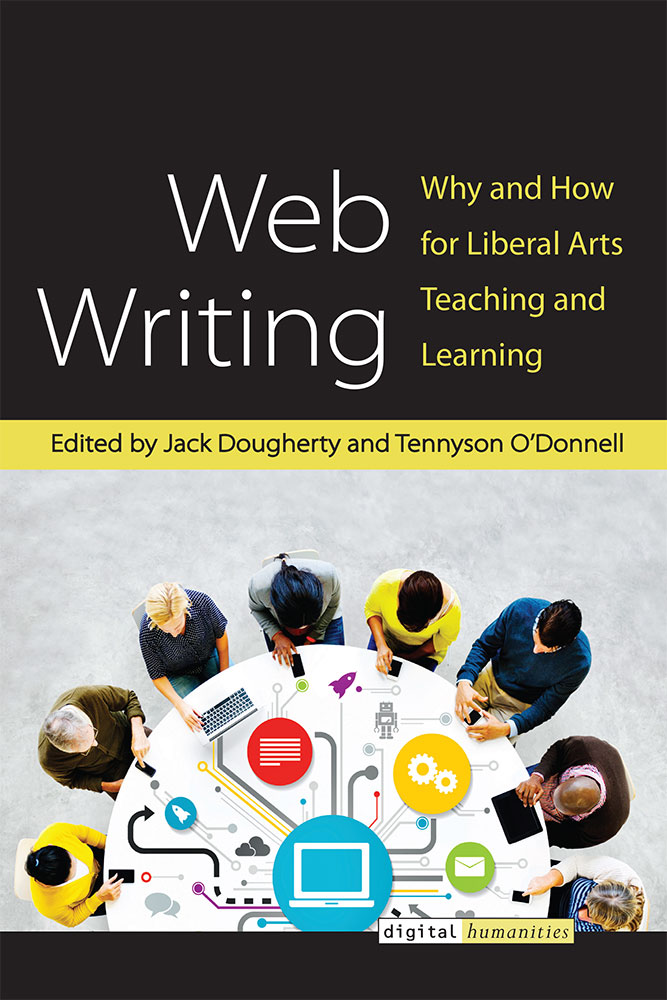
“Let’s pull back the curtain. In this essay, I recount a pedagogical experience with 60 undergraduate history majors at Carleton University where students learned to write for the web and learned how the web is written, including how algorithms (sets of rules) create the content and the experiences that we have online. I am not talking about writing essays. I am talking about making video games. Or more accurately, about learning to write history-through-algorithms.” [Excerpt from “Pulling Back the Curtain” in Web Writing: Why and How for Liberal Arts Teaching and Learning]
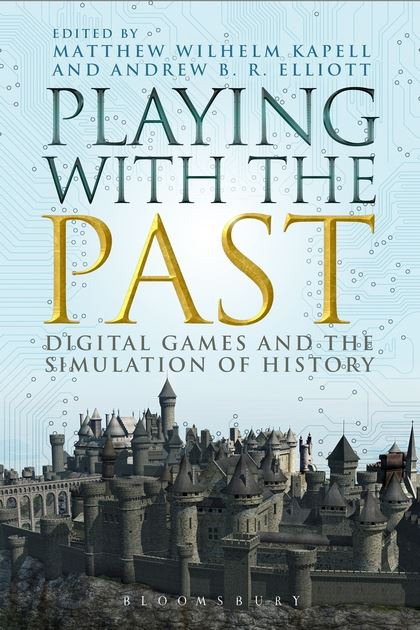
“Game Studies is a rapidly growing area of contemporary scholarship, yet volumes in the area have tended to focus on more general issues. With Playing with the Past, game studies is taken to the next level by offering a specific and detailed analysis of one area of digital game play — the representation of history. The collection focuses on the ways in which gamers engage with, play with, recreate, subvert, reverse and direct the historical past, and what effect this has on the ways in which we go about constructing the present or imagining a future…”
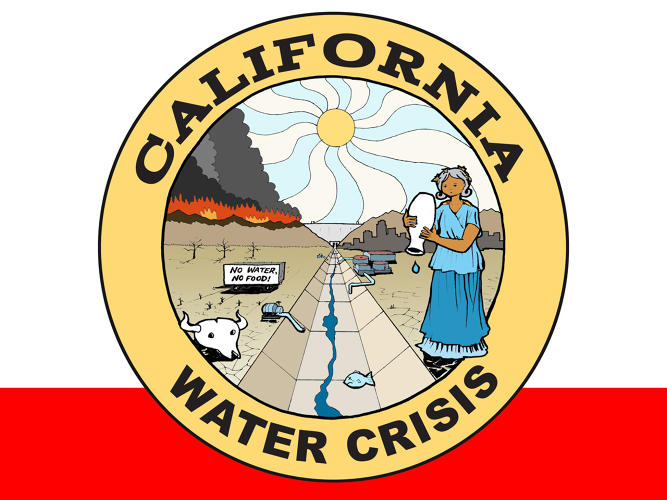
“Can you solve the drought? California Water Crisis is an educational game about California water politics. Take the role of one of California’s three main regions (NorCal, SoCal, and the Central Valley) and try to find a solution to the fundamental cause of California’s drought: there’s more water demand than there’s water.” – Developer